Indigenous Governance Database
Environment and Natural Resources
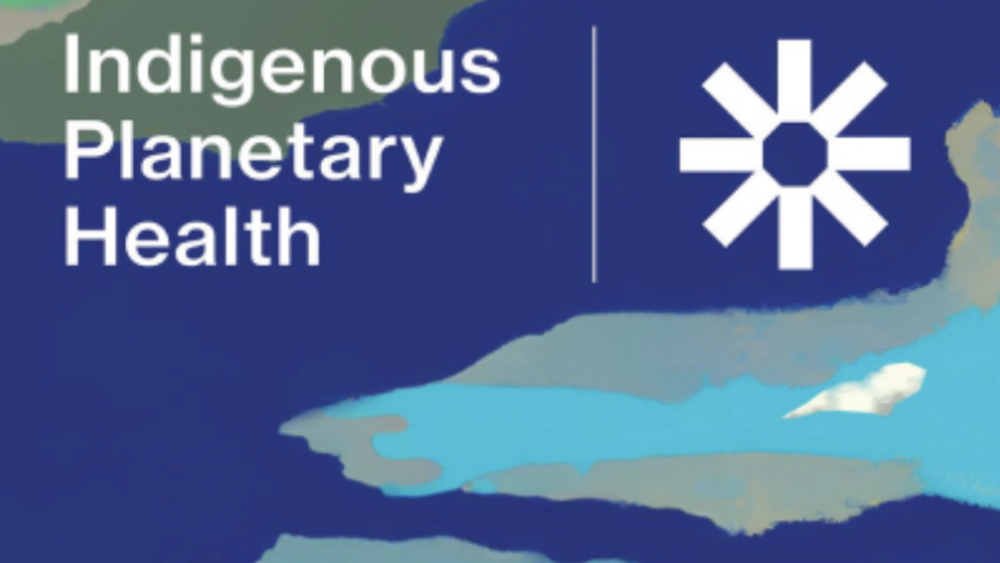
(Re)building Indigenous Governance with Breanne Lavallee-Heckert (Podcast Episode)
In this episode, Heather and, guest host, Carey Newman have a conversation with Métis activist Breanne Lavallee-Heckert. When we spoke with Breanne, she was the Research Director for Indigenous Climate Action, an Indigenous-led organization that works on connecting and supporting Indigenous…
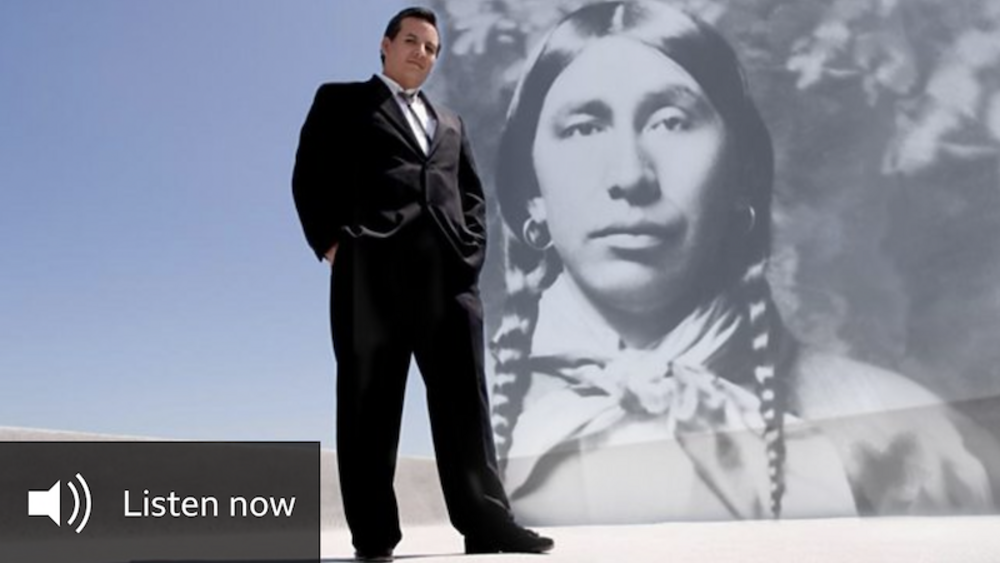
Our community struck oil; then the murders began
Jim Roan Gray is a former chief of the Osage Nation, a Native American community. In the 1920s, the Osage were the richest people in the world per capita after discovering oil on their lands. But then began the ‘reign of terror’ and the Osage were targeted in a series of mysterious murders. One of…
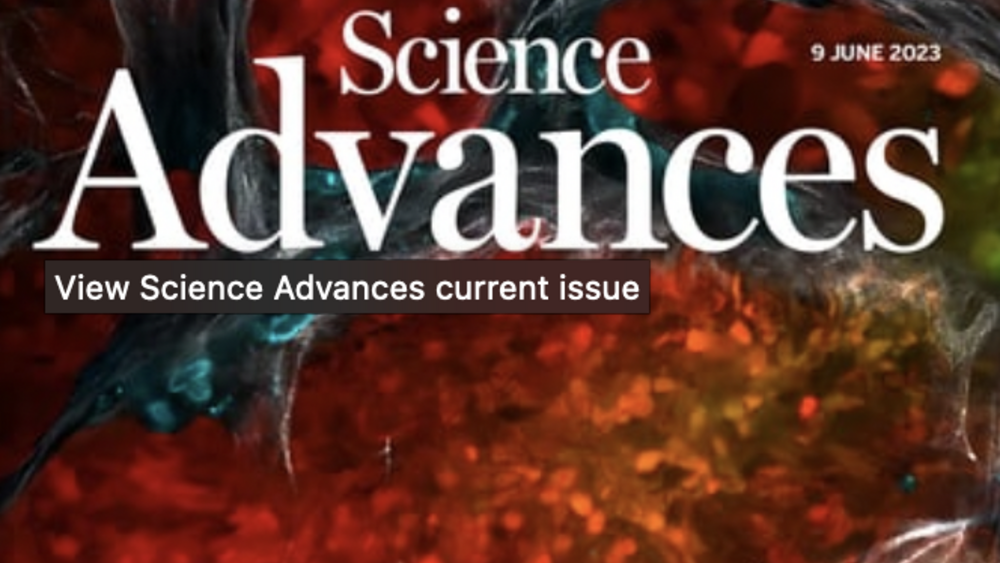
Global impacts of extractive and industrial development projects on Indigenous Peoples’ lifeways, lands, and rights
To what extent do extractive and industrial development pressures affect Indigenous Peoples’ lifeways, lands, and rights globally? We analyze 3081 environmental conflicts over development projects to quantify Indigenous Peoples’ exposure to 11 reported social-environmental impacts jeopardizing the…
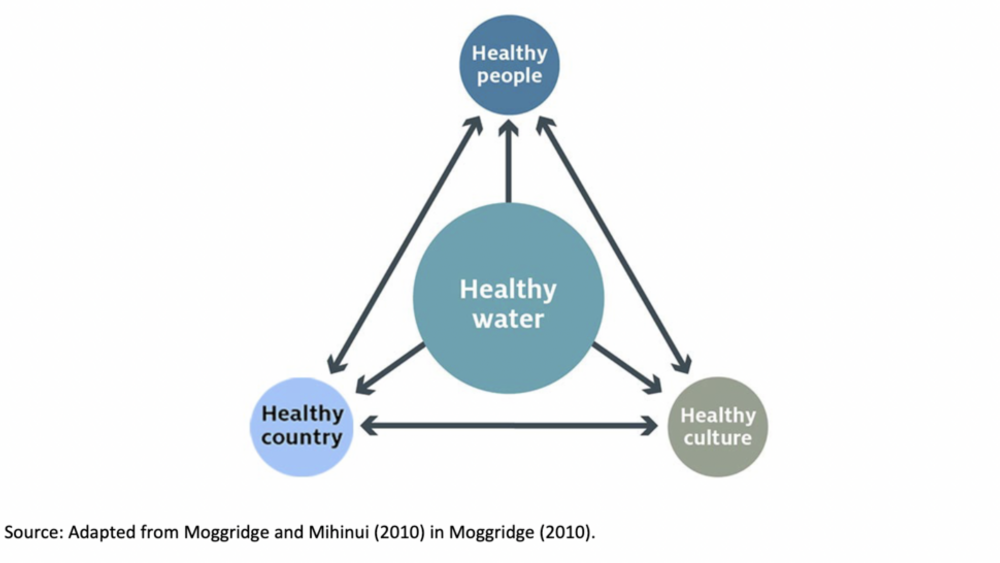
Water Back: A Review Centering Rematriation and Indigenous Water Research Sovereignty
The recent Land Back movement has catalysed global solidarity towards addressing the oppression and dispossession of Indigenous Peoples’ Lands and territories. Largely absent from the discourse, however, is a discussion of the alienation of Indigenous Peoples from Water by settler-colonial states.…
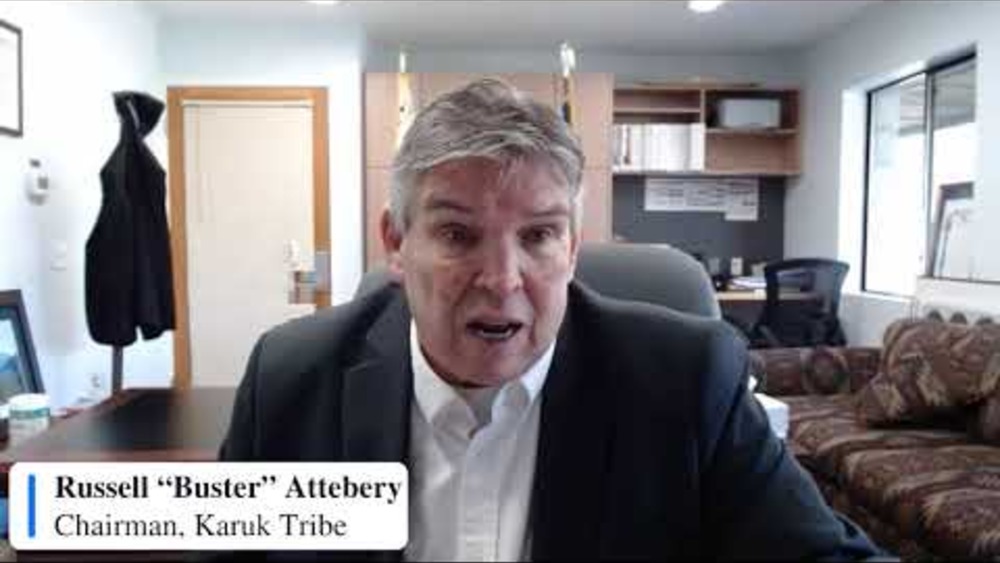
UN 2023 Water Conference: Restoring Rivers, Restoring Sovereignty: Klamath River Dam Removals
A discussion about the impacts of the Klamath River Dams on water resources, cultural practices, climate change and what the upcoming dam removals will mean for Northern California Tribal Nations. Speakers: Shannon Holsey, President, Stockbridge-Munsee Band of Mohican Indians, Treasurer, NCAI…
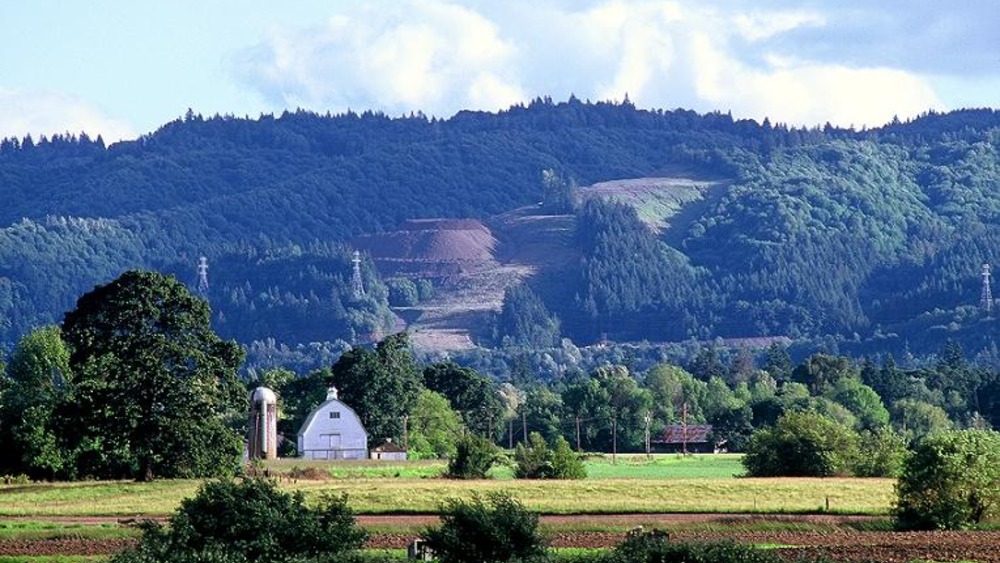
New reporting project focuses on Indigenous food sovereignty in the Columbia River Basin
There’s no official definition for the term “food sovereignty,” but the Indian Affairs Bureau describes it as “the ability of communities to determine the quantity and quality of the food that they consume by controlling how their food is produced and distributed.” Portland-based news outlet…
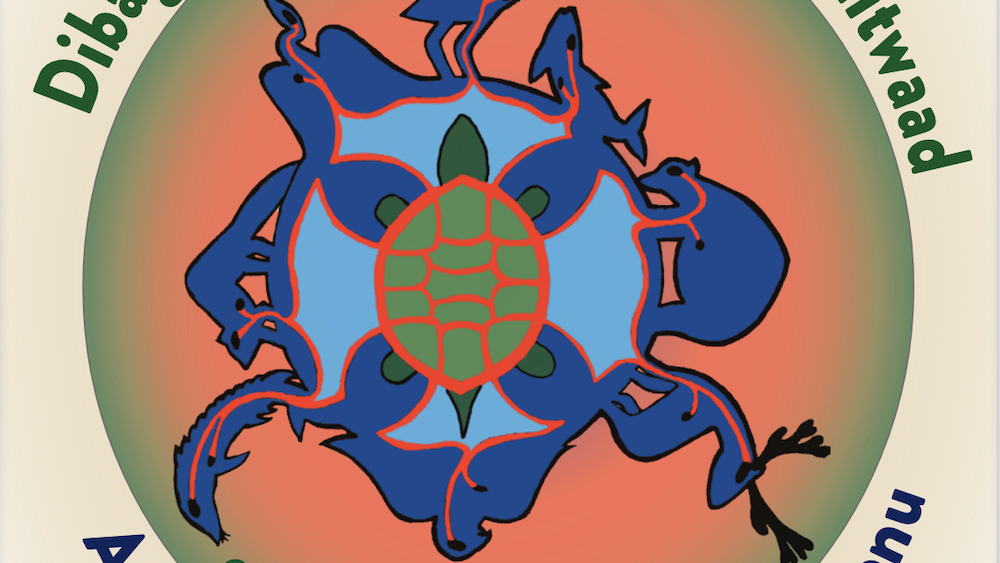
Tribal Climate Adaptation Menu
Climate change has impacted and will continue to impact indigenous peoples, their lifeways and culture, and the natural world upon which they rely, in unpredictable and potentially devastating ways. Many climate adaptation planning tools fail to address the unique needs, values and cultures of…
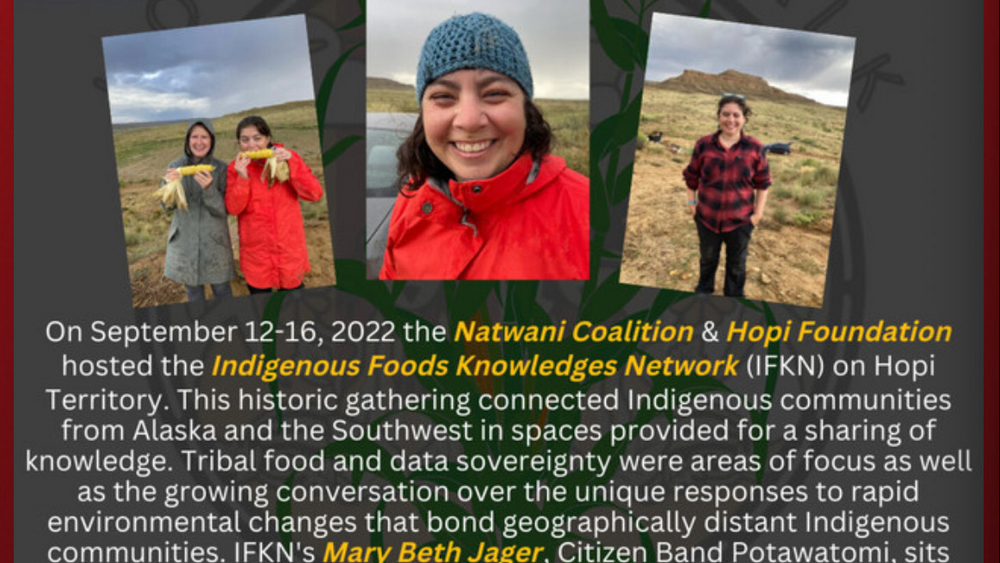
Hopi Farm Talk Podcast: Indigenous Foods Knowledges Network Gathering with Mary Beth Jäger
On September 12-16, 2022, the Natwani Coalition & Hopi Foundation hosted the Indigenous Foods Knowledges Network (IFKN) on Hopi Territory. This historic gathering connected Indigenous communities from Alaska and the Southwest in spaces provided for a sharing of knowledge. Tribal food and data…
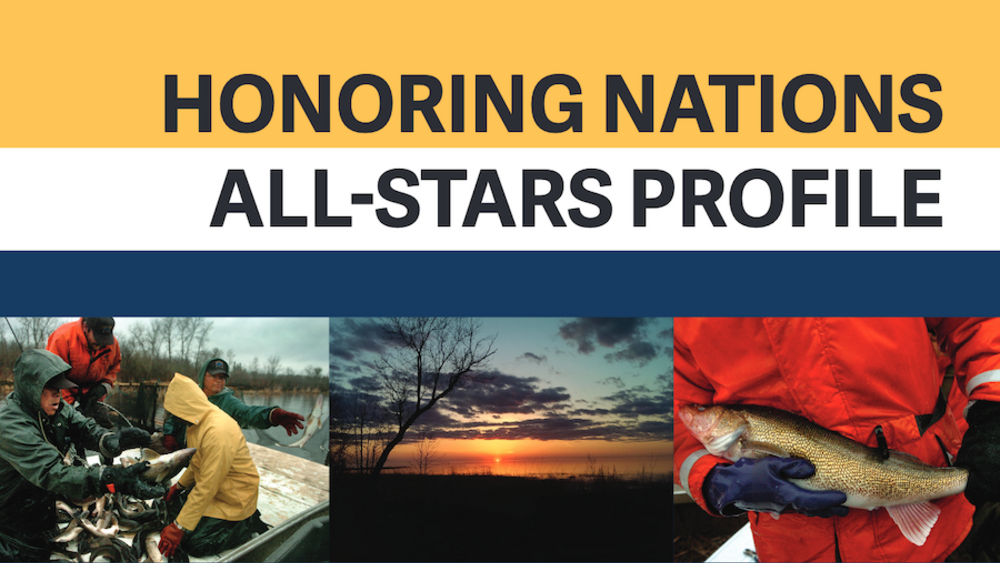
Honoring Nations All-Stars Profile: The Red Lake Walleye Recovery Program
In 1997, the members of the Red Lake Fisheries Association (RLFA), a cooperative established by com-mercial fishermen from the Red Lake Nation,1 voted to discontinue all commercial gillnet fishing on Red Lake for the upcoming season. An overwhelming majority of the RLFA’s members supported the…
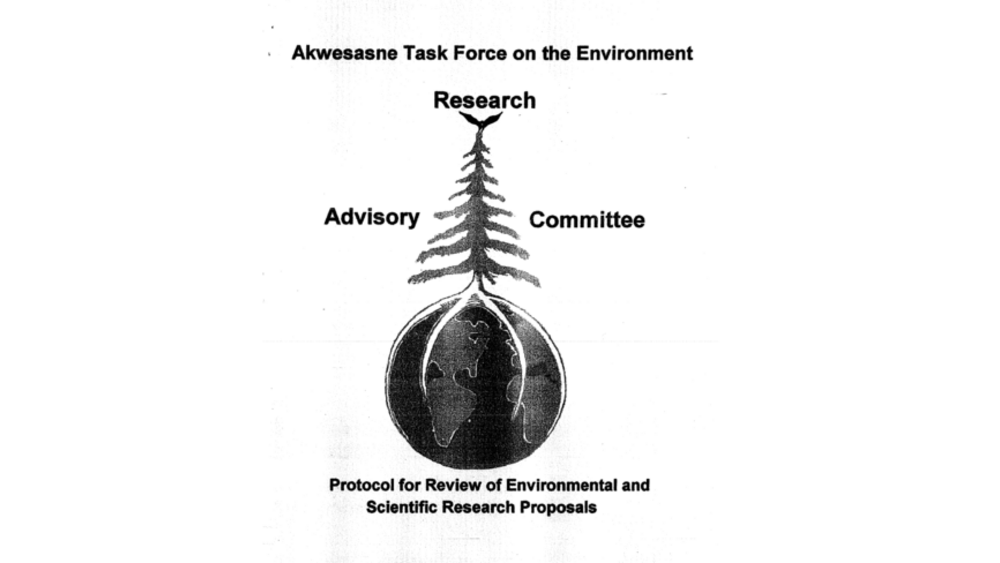
Protocol for Review of Environmental and Scientific Research Proposals
The principles of skennen, kariwiio and kasastensera serve as the foundation and guiding force for the Akwesasne Task Force on the Environment (ATFE). Since the beginning of time, our Creator has told our people to strive for peace and as individuals, communities and Nations, we must constantly…
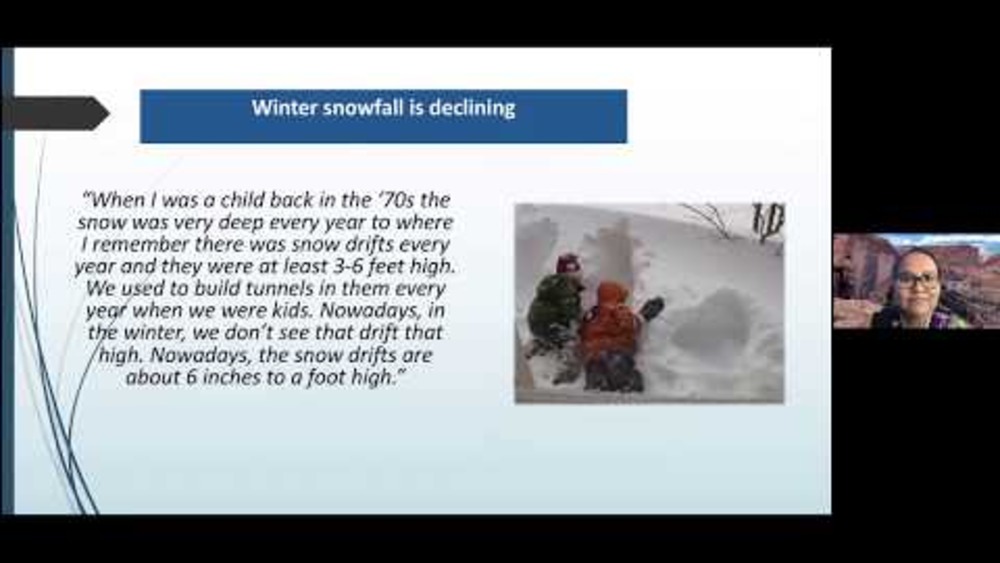
Water in the Native World Webinar Series: Change Rippling through Our Waters and Culture
“Water in the Native World,” a special issue on tribal water research was just released by the Journal of Contemporary Water Research and Education. This is the second time, Dr. Karletta Chief, the PI of the Community Engagement Core of the University of Arizona Superfund Research Center (UA SRC)…
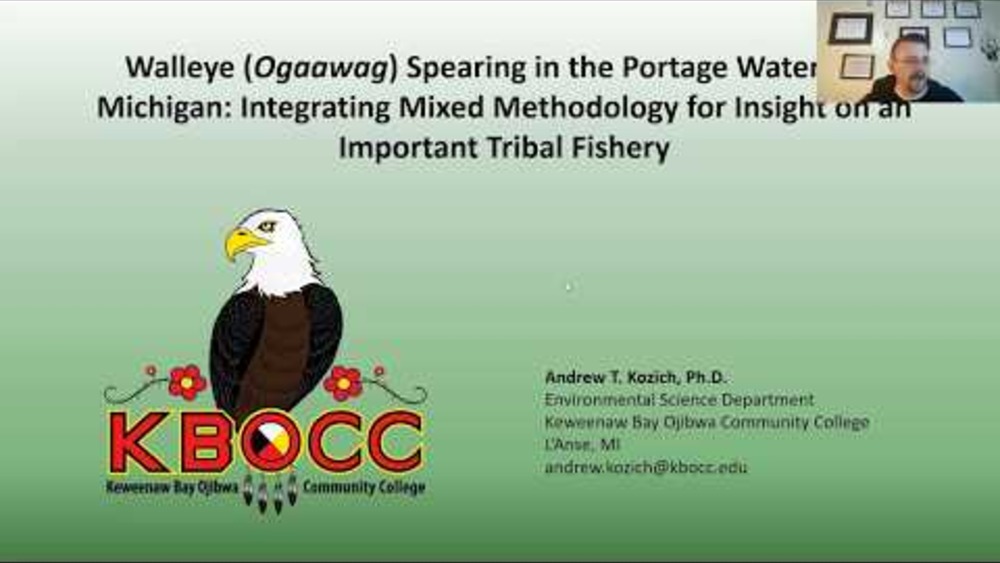
Water in the Native World Webinar Series: Walleye Ogaawag Spearing in the Portage Waterway, Michigan: Integrating Mixed Methodology for Insight on an Important Tribal Fishery
“Water in the Native World,” a special issue on tribal water research was just released by the Journal of Contemporary Water Research and Education. This is the second time, Dr. Karletta Chief, the PI of the Community Engagement Core of the University of Arizona Superfund Research Center (UA SRC)…
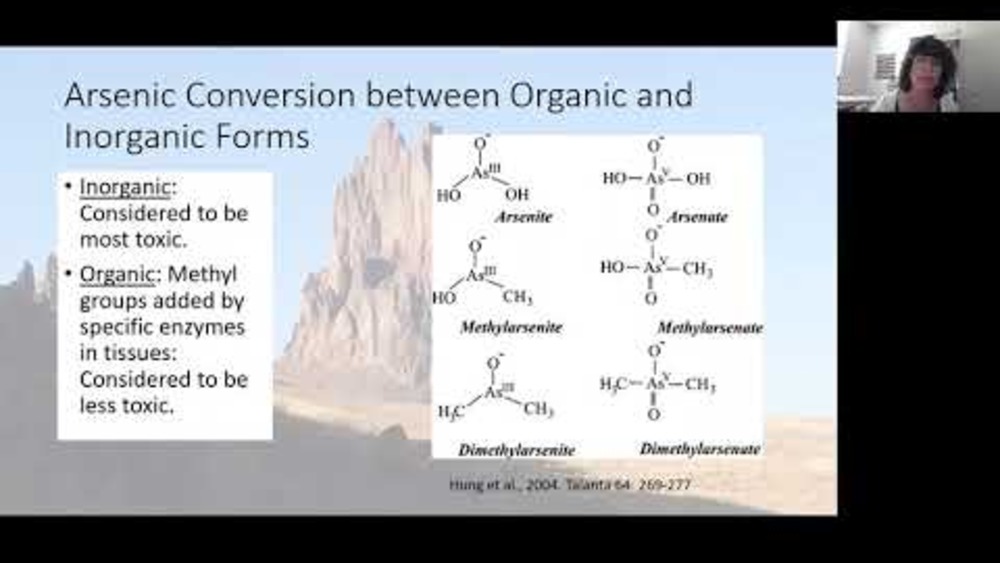
Water in the Native World Webinar Series: Arsenic Concentrations in Ground and Surface Waters across Arizona Including Native Lands
“Water in the Native World,” a special issue on tribal water research was just released by the Journal of Contemporary Water Research and Education. This is the second time, Dr. Karletta Chief, the PI of the Community Engagement Core of the University of Arizona Superfund Research Center (UA SRC)…
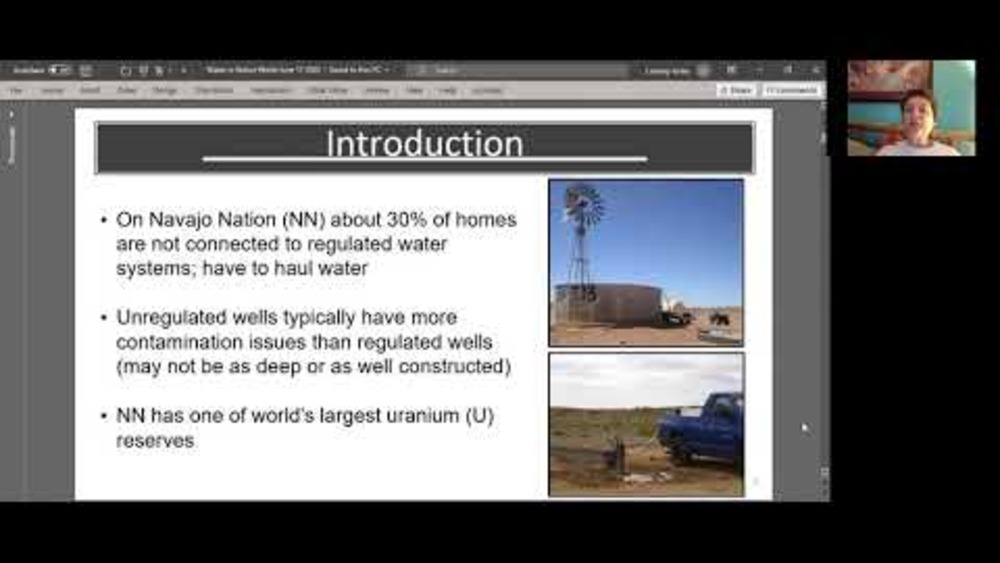
Water in the Native World Webinar Series: Dissolved Uranium and Arsenic in Unregulated Groundwater Sources – Western Navajo Nation
“Water in the Native World,” a special issue on tribal water research was just released by the Journal of Contemporary Water Research and Education. This is the second time, Dr. Karletta Chief, the PI of the Community Engagement Core of the University of Arizona Superfund Research Center (UA SRC)…
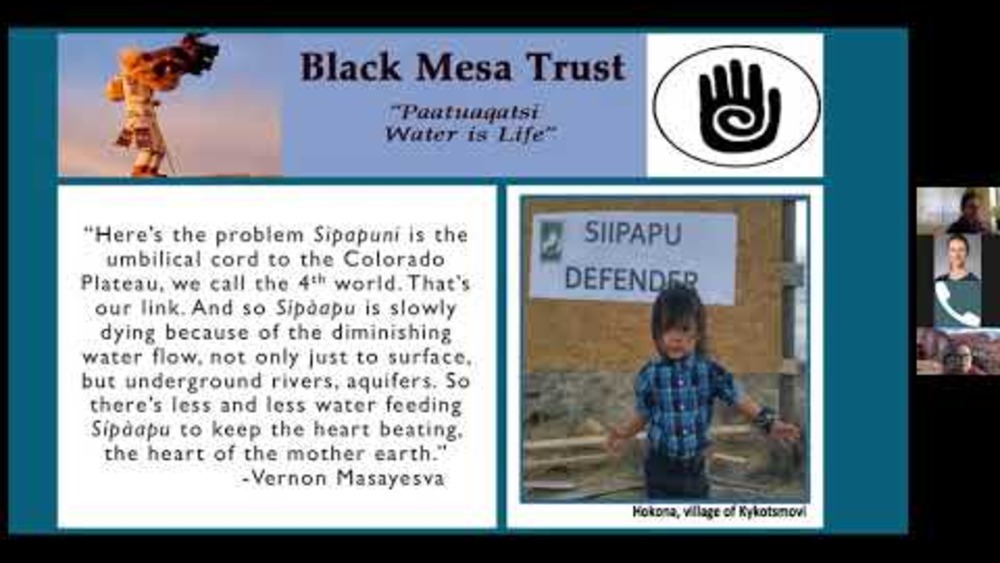
Water in the Native World Webinar Series: A Confluence of Anticolonial Pathways for Indigenous Sacred Site Protection
“Water in the Native World,” a special issue on tribal water research was just released by the Journal of Contemporary Water Research and Education. This is the second time, Dr. Karletta Chief, the PI of the Community Engagement Core of the University of Arizona Superfund Research Center (UA SRC)…
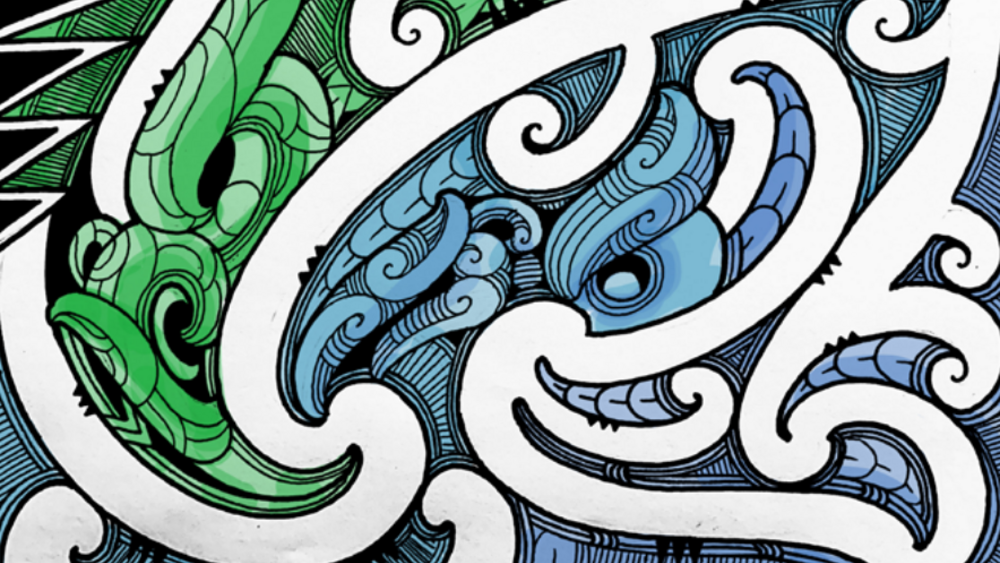
Mātauranga and Science
"Mātauranga Māori is not like an archive of information but rather is like a tool for thinking, organising information, considering the ethics of knowledge, the appropriateness of it all and informing us about our world and our place in it." (Mead 2003, p. 306) Māori have become a pivotal force…
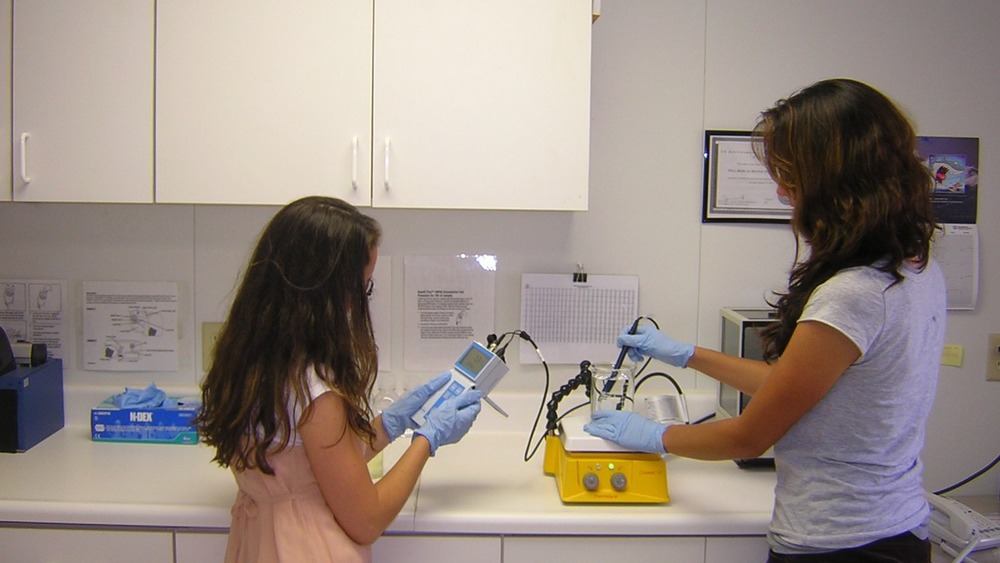
Data Sources to Assess Tribal Climate and Health Impacts
One of the most time consuming and difficult aspects of conducting climate change and health vulnerability assessments is finding data to assess. Before tracking down data, you’ll first need to identify the most meaningful and measurable indicators to help you determine the severity and likelihood…
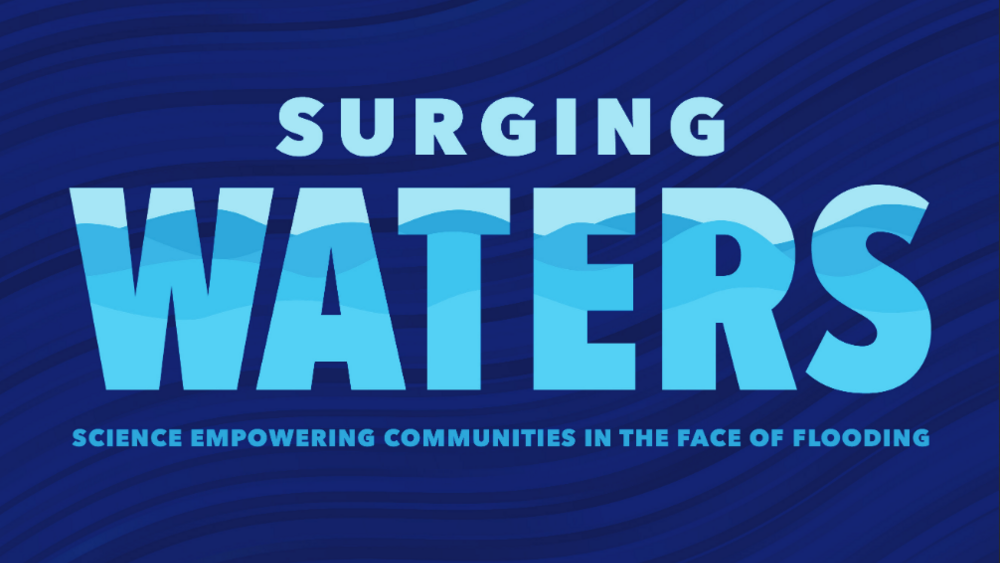
Surging Waters: Science Empowering Communities in the Face of Flooding
Surging Waters: Science Empowering Communities in the Face of Flooding is a report produced by AGU, a global not-for-profit scientific society dedicated to advancing the Earth and space sciences for the benefit of humanity. The report is reviewed by leading experts in these fields. From devastating…
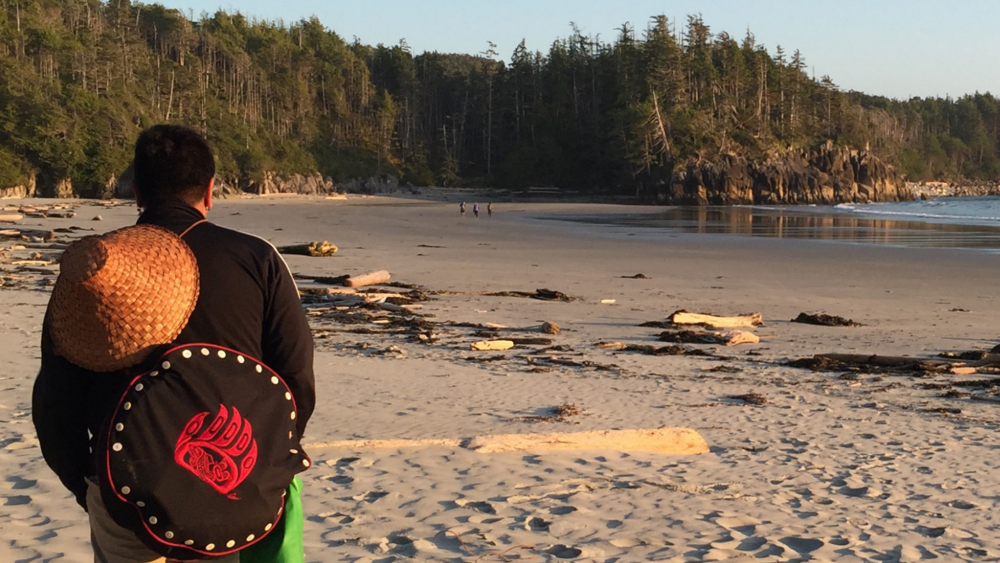
Coastal Guardian Watchmen Programs: A Business Case
As the original stewards of their territories, the Coastal First Nations along British Columbia’s North Coast, Central Coast and Haida Gwaii have been working to establish and grow Guardian Watchmen programs, in some cases for several decades. These programs have come to play an important role in…
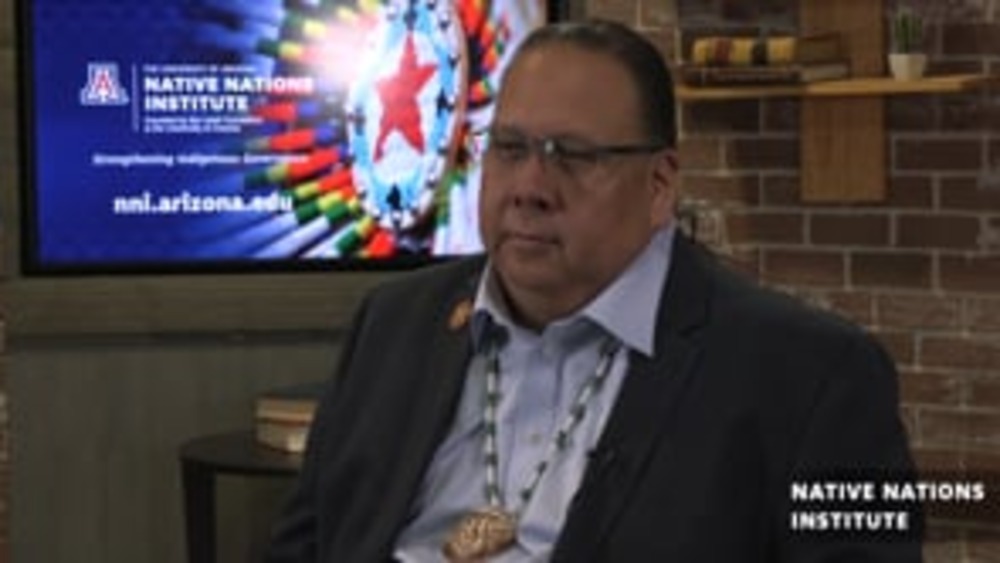
Stephen Roe Lewis: Effective Tribal Leadership for Change
Stephen Roe Lewis has been serving two terms as the Governor of the Gila River Indian Community. He follows a strong tradition and family legacy of leadership for the Akimel O’otham and Pee-Posh people in this desert riparian region of Arizona. Governor Lewis has worked on numerous political…
